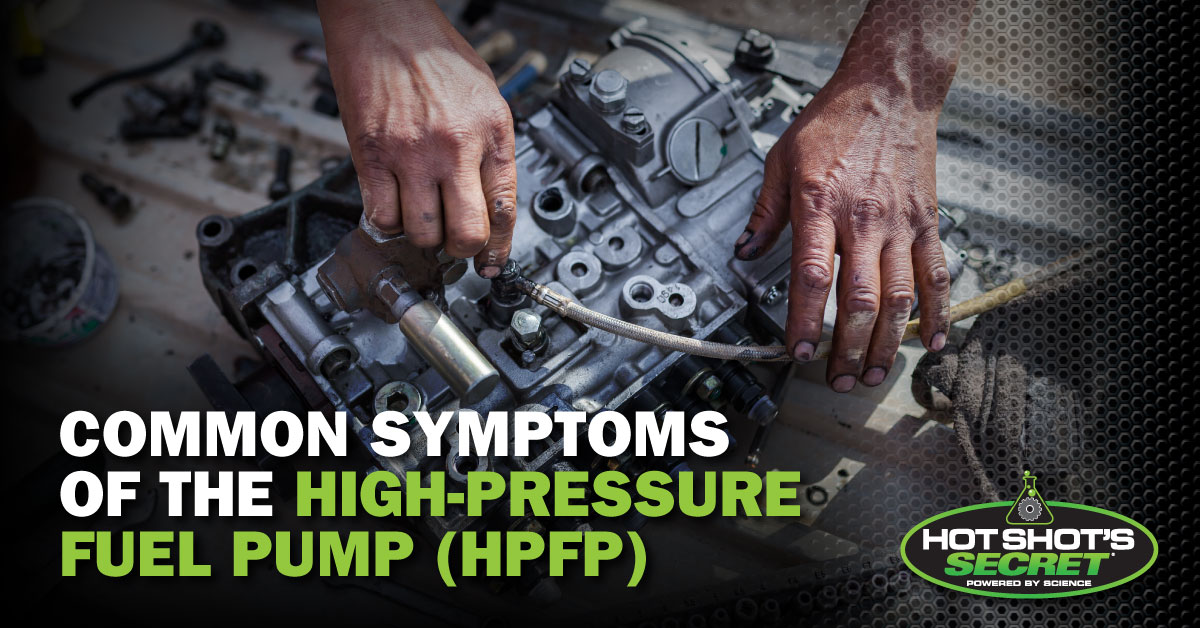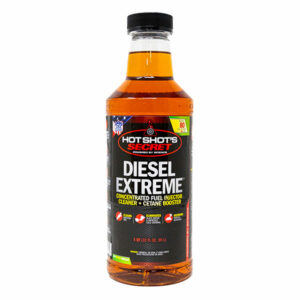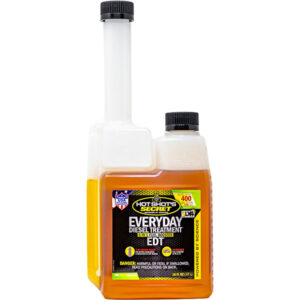
The high-pressure fuel pump is essential in modern diesel engines. It delivers fuel to the injectors at precise pressures necessary for efficient combustion. Diesel engines depend on HPFPs for optimal performance and durability, as diesel fuel requires atomization at significantly higher pressures than gasoline engines. Proper fuel flow and pressure maintained by the HPFP enhance engine performance, increase fuel efficiency and reduce emissions. Conversely, a malfunctioning HPFP leads to erratic fuel delivery and subsequent mechanical complications.
Key Symptoms of a Bad High-Pressure Fuel Pump
When the HPFP starts to fail, the symptoms are often disruptive and can lead to severe engine issues if ignored. Recognizing high-pressure fuel pump symptoms early is key to avoiding costly repairs and maintaining your vehicle’s performance. Below are the most significant indicators to monitor:
Engine Misfire or Hesitation
An engine misfire or hesitation is a primary symptom of high-pressure fuel pump problems. When the HPFP fails to deliver consistent fuel pressure, the injectors fail to supply the engine with the necessary fuel for proper combustion. This issue leads to jerky acceleration, stuttering or hesitation during takeoff or while cruising at constant speeds.
Loss of Power or Poor Acceleration
A decrease in the volume of high-pressure fuel reaching the injectors weakens the engine’s capacity to respond when more power is required. Drivers may experience sluggish acceleration or a general struggle to achieve higher RPMs, particularly under load conditions such as towing or climbing steep inclines.
Hard Starting or Engine Cranking
A defective HPFP may not supply adequate fuel pressure during startup, resulting in prolonged cranking or an engine that cranks but fails to start. This issue is especially prevalent in cold weather conditions, where the engine requires more fuel to ignite properly.
Check Engine Light (CEL)
Modern engines rely on precise sensor feedback. Anomalies in fuel pressure data trigger diagnostic trouble codes (DTCs) — such as P0087 or P0093 — and activate the CEL, alerting operators to possible pump-related faults or fuel system imbalances.
Fuel Leaks or Unusual Noises
Visible fuel leaks around the pump or fuel lines indicate a compromised HPFP that cannot effectively contain the fuel pressure. Unusual sounds such as whining, rattling or grinding may also suggest internal wear or damage to the pump components.
Engine Stalling or Surging
Inconsistent fuel pressure disrupts the engine’s ability to maintain steady operation, leading to unexpected engine stalls or sudden surges in power. These irregularities can occur while idling or driving, making the vehicle unreliable and potentially hazardous.
Poor Fuel Economy
A malfunctioning HPFP disrupts the fuel-air mixture, leading to inefficient combustion and excessive fuel usage. This inefficiency results in poor fuel economy, meaning more frequent trips to the gas station and higher operational costs.
What Causes High-Pressure Fuel Pump Failure?
Several factors contribute to high-pressure fuel pump problems:
- Fuel contamination: Contaminants such as dirt, debris and water within the fuel system can severely impair the HPFP. These impurities can clog the intricate components of the pump, leading to reduced fuel flow and pressure. Water can also cause rust and corrosion.
- Worn components: The high-stress environment in which the high-pressure fuel pump operates leads to gradual wear and tear of internal components such as plungers, seals and drive gears.
- Low-quality fuel: Substandard diesel fuel with low lubricity can exacerbate high-pressure fuel pump problems. Poor-quality fuel increases friction and wear putting additional strain on the HPFP.
- Lack of maintenance: Neglecting routine fuel system maintenance such as regular fuel filter changes, inspecting fuel lines for leaks and monitoring fuel pressure can accelerate the HPFP’s deterioration.
How to Diagnose a Bad High-Pressure Fuel Pump
Diagnosing HPFP failure involves several steps:
- Check for fuel pressure issues: The first step in diagnosing pump problems is to use a fuel pressure gauge to test the HPFP output. Compare the measured fuel pressure to the manufacturer’s specifications to determine if the pump is delivering adequate pressure. Deviations from the recommended pressure indicate potential HPFP failure.
- Scan for diagnostic trouble codes (DTCs): Reading DTCs with an OBD-II scanner can help identify fuel pressure-related issues. Codes such as P0087 or P0093 indicate low fuel pressure or fuel pump circuit malfunctions.
- Inspect the fuel system for leaks: Conduct a thorough visual inspection of the fuel system to identify any leaks around the HPFP and fuel lines. Visible fuel leaks are clear signs of a compromised pump that requires immediate attention.
- Listen for unusual noises: Unusual sounds, such as whining, rattling or grinding noises, from the fuel pump area can indicate internal wear or damage.
- Perform a fuel injector test: Testing the operation of fuel injectors can help determine if the HPFP is delivering adequate fuel pressure. Inconsistent or insufficient fuel delivery to the injectors may point to high-pressure fuel pump problems.
How Hot Shot’s Secret Products Can Help Prevent HPFP Issues
Hot Shot’s Secret offers solutions to protect and maintain your fuel system, reducing the risk of high-pressure fuel pump problems:
- Everyday Diesel Treatment (EDT): Regularly using EDT helps keep fuel injectors and the HPFP clean by preventing carbon buildup and removing contaminants including water from the fuel. It improves fuel lubricity, helping to reduce wear in the HPFP and injectors.
- Diesel Extreme: Diesel Extreme is an advanced fuel system cleaner designed to eliminate stubborn carbon deposits and soot from critical fuel system components. It helps restore optimal fuel flow and pressure, reducing the risk of HPFP failure caused by clogged injectors and restricted fuel lines.
Preserve Your HPFP With Hot Shot’s Secret’s Advanced Products
A malfunctioning high-pressure fuel pump can lead to significant engine performance issues and costly repairs. Recognizing and addressing the symptoms promptly can protect your engine’s integrity and ensure reliable vehicle operation. Hot Shot’s Secret also provides the advanced solutions necessary to maintain your fuel system’s health, optimize engine performance and extend the life span of your HPFP. Explore our top-tier solutions to elevate your engine’s efficiency and reliability.




